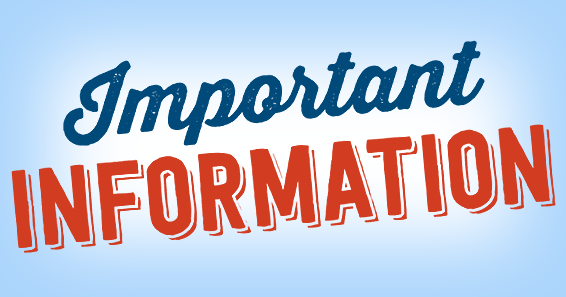4 Important Things EMS Field Practices to Aid Billing
Billing is Important!
As an EMS provider in the field, if you think you can ignore what goes on in the office- especially the billing part- then you don’t see the bigger picture.

Billing is important!
Modern EMS is expensive. Most trucks are now a 6-figure purchase. Equipment must constantly be upgraded and/or replaced. Everyday supplies and medications are a must. Plus, if you’re a career provider, then your paycheck, benefits, incentives…all require dollars and cents. If the bucks aren’t coming in the door, there are no bucks to cover these expenses.
It’s the economy, stupid…to mock a political phrase.
Now you know the why, so here is the how… 4 important field practices that will help keep those dollars and cents flowing.
Document, Document, Document!
How many times in this space have we written about documentation? Too many?
Well, probably not enough is the correct answer. But, then again, you may well be just sick and tired to reading/hearing it over and over. Nevertheless, good documentation is quintessentially important and the center of all things billing.
Remember, if you didn’t write it (in your PCR) you didn’t do it! There must be a written record of the transport- emergency or non-emergency- that you just completed to support the billing and the collecting of reimbursement dollars for that trip.
Money makes the world go ‘round and literally the wheels on your ambulance too!
So…document, document, document…and do so using great detail.
Sign on the dotted line
Signatures are very important!
A signature obtained from the patient or a patient representative if the patient is unable to sign or is not legally able to sign (minor child, mentally incapacitated, etc.) is very important. Since Medicare and Medicaid patients account for nearly half or more of the patients we transport, if you don’t obtain signatures then consider that half of the incoming reimbursement will be delayed flowing into your EMS agency’s bank account.
Plus, many organizations combine the necessary HIPAA NPP acknowledgement signature together with the billing signature along with some other disclaimers. Always remember that obtaining a signature from the patient is verification that the service was provided.
Then there’s your signature and the signature of your partner.
These signatures are equally important. Now that signature may be digital in nature, depending on the ePCR program that you use (you may even obtain patient signatures via tablet PCR), but regardless of the method used to obtain the signature it is important that you not forget this step. Your PCR is not complete without the signatures of the crew affixed to the final end-product.
Timely PCR Completion
Speaking of that PCR, how long does it take you to compose and complete the PCR following the run?
Allow us to ask this question… do you forget things? Sure you do!
The longer the time-lapse between the completion of your incident and the completion of your PCR, the greater the risk of your forgetting a key detail that will aid in both supporting billing and support the treatment and transport you provided in the field.
Most states have a mandated time limit for field provider to complete a PCR. Many EMS agencies are tightening their own mandated completion times both because time is money and the best documentation is proven to be the most timely completed.
Except for those extremely busy days, given the nice electronic toys that most of us have available to complete a PCR on-the-go, it would seem reasonable that most if not all PCRs can be completed soon after the transport is complete and before you leave the station at the end of your shift.
Don’t make the billing office wait!
Paperwork
Most of us in the field have some responsibility to collect some adjunct paperwork that moves along with our patients.
It may be a hospital/ER face sheet containing crucial demographic and insurance information. This one piece alone is a huge part of what your billing office needs to get a claim out the door to collect reimbursement dollars.
If you operate in the non-emergency side of the business, then possibly you will be required to pick-up a Physicians Certification Statement (PCS or medical necessity form). Be sure to learn how to recognize if the PCS has been properly executed and don’t be afraid to double-check with facility staff and/or your office if something doesn’t add up, even prior to beginning the transport (as directed by your administration and SOPs/guidelines.)
And then, depending no how you complete your PCR “packet” either attach and file or scan and attach those documents digitally so they accompany your documentation through to the billing office.
Please don’t make the office staff go on a scavenger hunt for necessary paperwork!